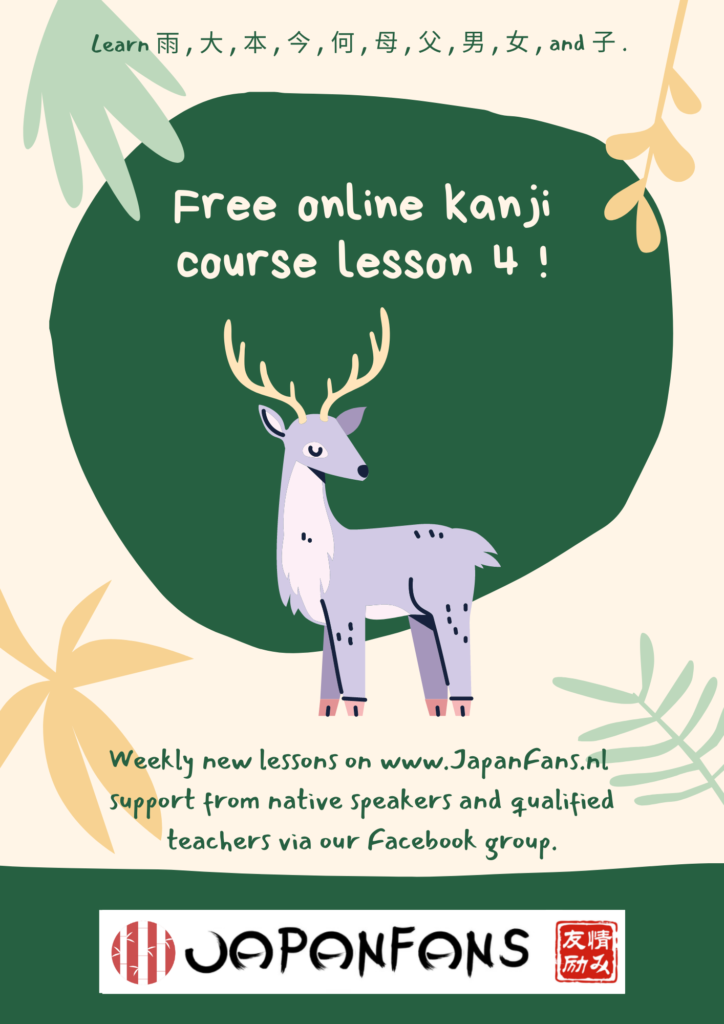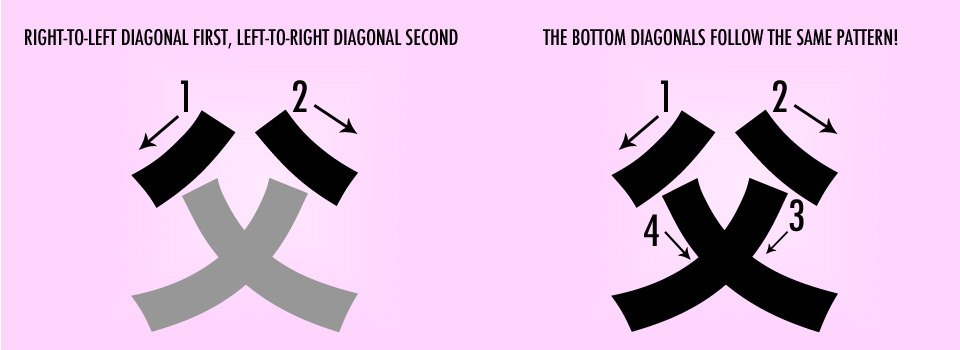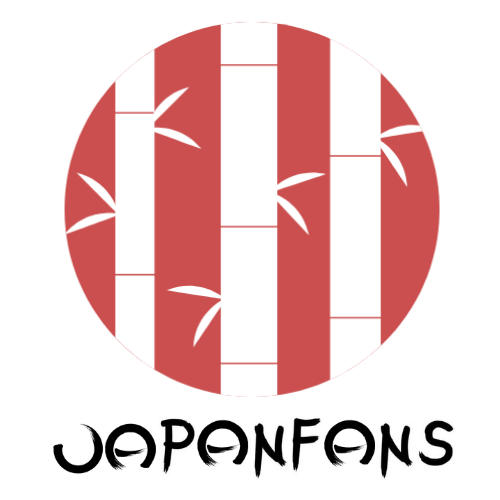Welcome to the fourth lesson of our free online kanji course! With the help of carefully selected teaching materials that are freely available online, we are going to remember all the kanji you need for JLPT level 5. This week, we will learn 雨 , 大 , 本 , 今 , 何 , 母 , 父 , 男 , 女 , and 子 .

Review
Let’s review all the kanji from the first three lessons! Do you still remember all of them?
Lesson 1: 一, 二, 三 , 四 , 五 , 六 , 七 , 八 , 九 , 十 , 百 , 千 , 万 , and 円 .
Lesson 2: 日、月、火、水、木、金、土、川、and 田 .
Lesson 3: 人, 私, 上 , 下 , 左 , 右 , 中, and 山 .
Writing them really helps with remembering, so here is some nice writing inspiration:
…and then onto our next set of kanji! First one will be “ame” – 雨 .
雨
雨 (あめ) means “rain”. This is the stroke order:

雨 is a beautiful kanji, isn’t it? ♥ If you like, you can learn about its origins in the video below:
大
大 (おお.きい) means “big” or “large”. As a radical, 大 is also used in other kanji such as 天 (sky) and 夫 (husband). This is the stroke order:

Can you combine the two characters above to write “heavy rain”…? ^_^
本
本 means ホン “book” or もと “origin”. This is the stroke order:

今
今 (いま) means “now” and “present”. This is the stroke order:
何
何 (なに) means “what”. Maybe you already learned the phrase: “nani desu ka?” – well, after today, you can also write it: 何ですか . The stroke order is like this:

母
母 (はは) means “mother”. Be careful with the pronunciation, though, using it to describe someone the speaker knows personally is often considered lacking respect. More polite forms like お母さん (okāsan) are preferred. ^_^ This is the stroke order:

父
父 (ちち) means “father”. Just like with 母 , be careful about the reading – if you like to describe someone the speaker knows personally, “chichi” is often considered lacking respect, and more polite forms like お父さん (otōsan) are preferred. This is the stroke order:

A bit more about the history of the character 父 is explained in the video below:
男
男 (おとこ) means “male”, “son” or “man/men”. This is the stroke order:

女
女 (おんな) means “woman/women” or “daughter”. It’s also a radical (feminine). This is the stroke order:

Practise with 男 and 女 :
子
子 (こ) means “child” and can also be used to say to your girlfriend (similar to the English “baby”). This is the stroke order:

…and it’s a wrap! Now, you have learned 雨 , 大 , 本 , 今 , 何 , 母 , 父 , 男 , 女 , and 子 . How do you find this kanji? Which ones are difficult for you? And do you have any questions? Discuss it in our Facebook group. Native speakers as well as professional Japanese teachers are happy to help you in you learning journey.

